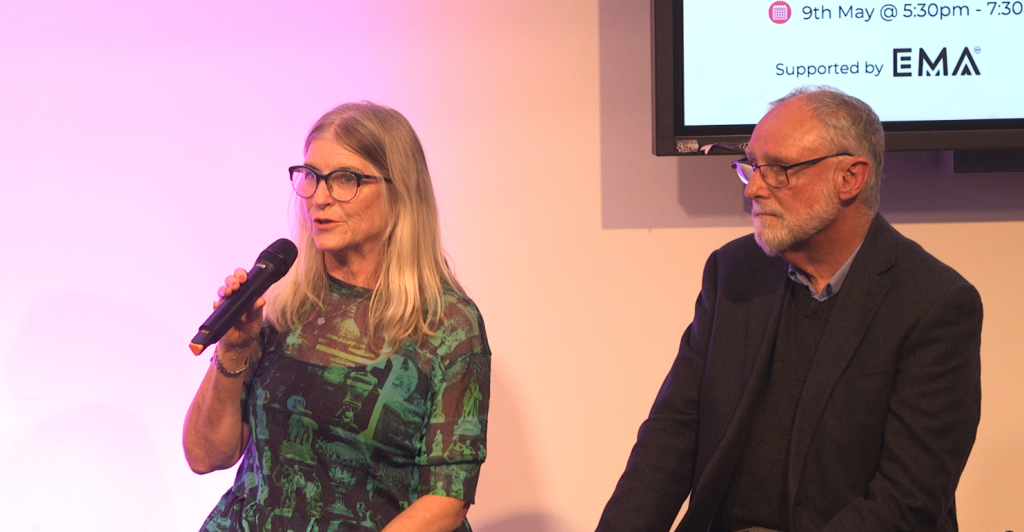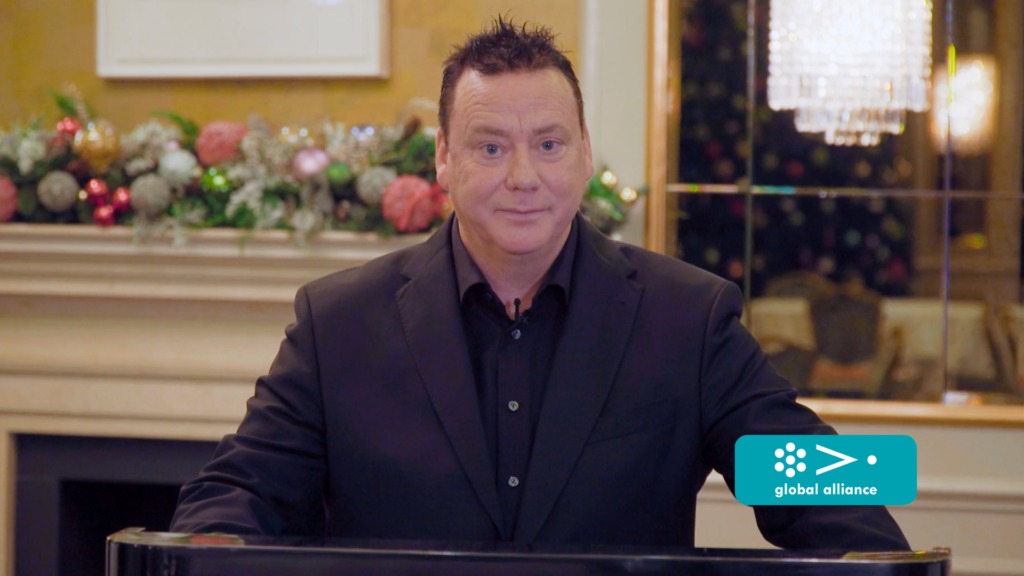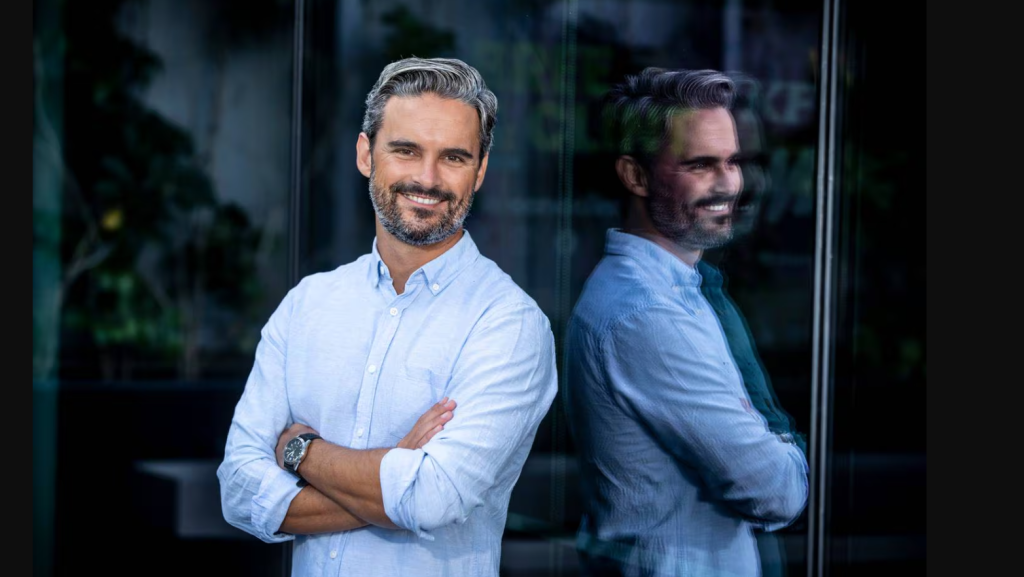Trust and Money Key to Media’s Future

Claudia Macdonald, Executive Director, Mango Communications
Trust and money are essential bed partners for the survival of a robust media industry in New Zealand, a PRINZ panel discussion ‘Hope, Relief or Resignation – the best way forward for New Zealand’s fourth estate’ heard this month.
Not a surprising conclusion, given these two are intrinsic to any relationship between consumer and organisation. But the panel, comprising two editors (Newsroom’s Tim Murphy and Mark Jennings), one former editor (ex-NZ Herald now media consultant Gavin Ellis) and two former journalists now PR people (Alan McDonald of the EMA and myself), suspected that building trust had simply not received sufficient focus from the media organisations until the proverbial hit the fan earlier this year.
A combination of the Warner Brother Discovery announcement that Newshub was closing, that TVNZ was ending popular current affairs show Sunday, Fair Go and two news bulletins, and the final nail in the coffin – the AUT Research Centre for Journalism and Democracy’s Trust in Media report, all pointed to the fact that the news media was on life support. Many of us didn’t realise just how sick it was.
The media, the communications industry and, to some degree, the Kiwi public took a collective sharp intake of breath. We asked ourselves and each other on multiple forums – was this the end of journalism, was it the end PR, was it the end of democracy as we know it?
The PRINZ organized panel discussion, moderated by Kelly Bennett of One Plus One Communications, luckily concurred that change, while inevitable, was not necessarily fatal. It turns out that the media was not the only institution seeing trust decline – the just released Edelman Trust Barometer showed that nearly everyone was likewise afflicted, although surprisingly not so much business.
Gavin Ellis came to the event having recently authored a position paper for Koi Tū, The Centre for Informed Futures and Sir Peter Gluckman’s think tank. Titled ‘If not Journalists, then Who? (here), the paper looked holistically at the overall problem – from legislation being no longer fit for purpose (because it is based on traditional media) to the need of journalism to reset its place in society.
“You can’t have plummeting levels of trust and news avoidance and not do something about it. Media needs a long, deep look at what they do, how they do it and why to do it,” Gavin said.
And, as you’d perhaps expect from a group of journalists trained in the 20th century, a move back to old fashioned journalism was recommended, accompanied by greater clarity between reporting and commentary, a personal bugbear that Gavin summed up nicely, saying “there’s room for both but not in the same piece”.
As to the future of a media staffed by good old fashioned journalists reporting news, not views? We agreed that there was a real need for State-funded (i.e. taxpayer funded) media beyond the TVNZ hybrid model, but without trust, it would not happen.
And the panel was at pains to point out that there is a big distinction between state funded and state controlled. As Tim said, “you need a strong <media> voice for those who live in Aotearoa, and commercial overseas media companies don’t always come with an altruistic view”.
The panel discussion was so full of interesting insights that to do it justice, I have grouped some of the highlights.
Trust in media:
Alan McDonald, Head of Advocacy, Strategy & Finanace at the EMA: “Journalism has lost its authority as the main source of news and information. It’s been a long slow steady decline, but it is not terminal”.
Tim Murphy, Founder, Newsroom, former Editor NZ Herald: “News avoidance is interesting but I don’t think it is related to trust. There is simply too much news, people turn away because they are overwhelmed. There is merit in less is more, a method that Newsroom adopted from the start”.
Alan McDonald: “The Edelman report shows that mainstream media are still first in trust, with search engines next. If we are going to rebuild trust and a fondness for journalism, we need to get back to basics. Become a journal of record cutting through the noise to share the bits that really matter to people. Not the gunman who kills six people”.
The future of media:
Gavin Ellis, former Editor-in-Chief of the NZ Herald, now a research fellow for Koi Tū, part time lecturer, researcher and media commentator: “There is not a long term prospect for mainstream broadcast as we know it now. Within a year there won’t be a TV3, Warner Brothers Discovery (WBD) will be a streaming organization. Within three years TVNZ will be the same. It fundamentally changes the nature of news production – there will not be any 6pm news bulletins as there are now”.
Alan McDonald: “The days of big monolithic news organisations are numbered. Those who had stuck to their knitting, like the Otago Daily Times (rated the most trustworthy newspaper in the country in the AUT research) have done so by not chasing click bait and staying true to their community”.
Mark Jennings, Founder of Newsroom and former News Chief of TV3: “Generations of journalists have lost sight of the concept of reporting two sides. We can solve the trust issue by going back to good old fashioned journalism”.
Mark Jennings again: “Who pays for this? In the old days we all bought a newspaper, we paid for our media whether we bought it or through ads. But today this is a relatively poor country, it’s hard to get consumers to pay for even local news”.
Changes required
Gavin Ellis: “Bargaining with the big players does not work. It is a hiding to nothing. What we need to do, as is happening around the world, is take their massive revenue and earmark that tax to support the media”.
Mark Jennings: “Not even Australia can stand up to Google and Meta, so what makes New Zealand’s politicians think they can”.
Some additional reading:
https://newsroom.co.nz/2024/05/06/how-advertising-not-social-media-killed-traditional-journalism/
Peter Bale Substack – Like Sand through an hourglass* – trust leaks away
https://grahammedcalf.substack.com/p/the-media-is-dead-long-live-the-media





